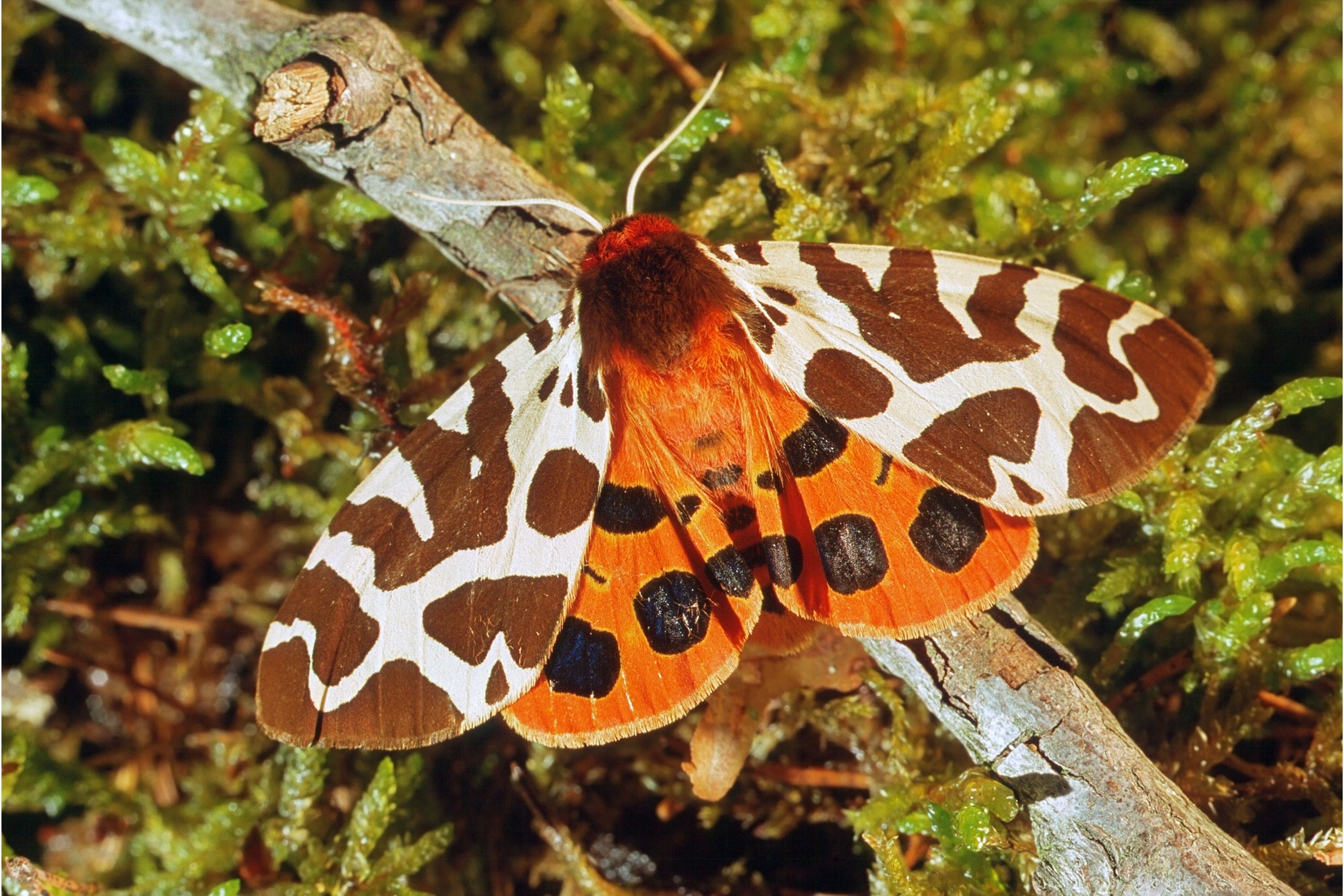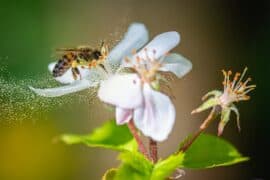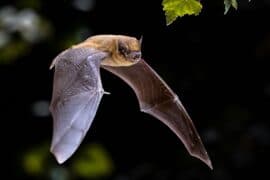Garden tiger moth
(Arctia caja)

Description
The garden tiger moth or great tiger moth (Arctia caja) is a moth of the family Erebidae. Arctia caja is a northern species found in the US, Canada, and Europe. The moth prefers cold climates with temperate seasonality, as the larvae overwinter, and preferentially chooses host plants that produce pyrrolizidine alkaloids. However, garden tiger moths are generalists, and will pick many different plants to use as larval host plants. The conspicuous patterns on its wings serve as a warning to predators because the moth's body fluids are poisonous. Their effects are not yet fully known, but these toxins contain quantities of neurotoxic choline esters which act by interfering with the acetylcholine receptor. The colours are also ideal for frightening predators such as small birds the moth normally hides its hindwings under the cryptic forewings when resting. Between stored toxins, conspicuous warning coloration, and sound cues that are generated mostly as a response to bats, A. caja clearly presents itself as an inedible target for predators. The garden tiger moth has a wingspan of 45 to 65 millimeters (1.8 to 2.6 in). The design of the wings vary; the front wings are brown with a white pattern (which is sometimes missing), the back wings are orange with a pattern of black dots. There are many aberrations (pattern and colour variants), partly obtained artificially and partly by chance. Oberthür, a French entomologist, mentions about 500 different variants shown in 36 figures. Seitz gives an account of some named aberrations. The garden tiger moth lives in the northern United States, Canada, and Europe. It prefers cold, temperate climates. The garden tiger moth is found throughout much of the Palearctic, in Europe as far north as Lapland, in Northern Asia and Central Asia, and in North America. In the mountains (Tien Shan), this species is found up to an elevation of 3,000 metres (9,800 ft). This species prefers numerous types of wild habitat, from grasslands to forests. Because of its generalist diet, it is not constrained by features such as host plant location. The only constant quality of a habitat for these animals is that it must be seasonal and cool, and like many members of Genus Arctia, tropical climates do not suit garden tiger moth larvae or adults.
Taxonomic tree:







